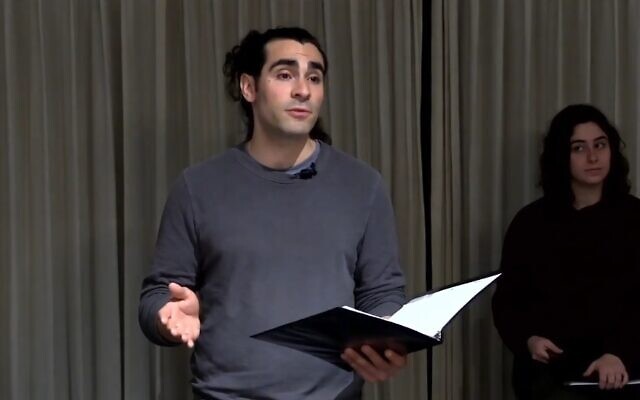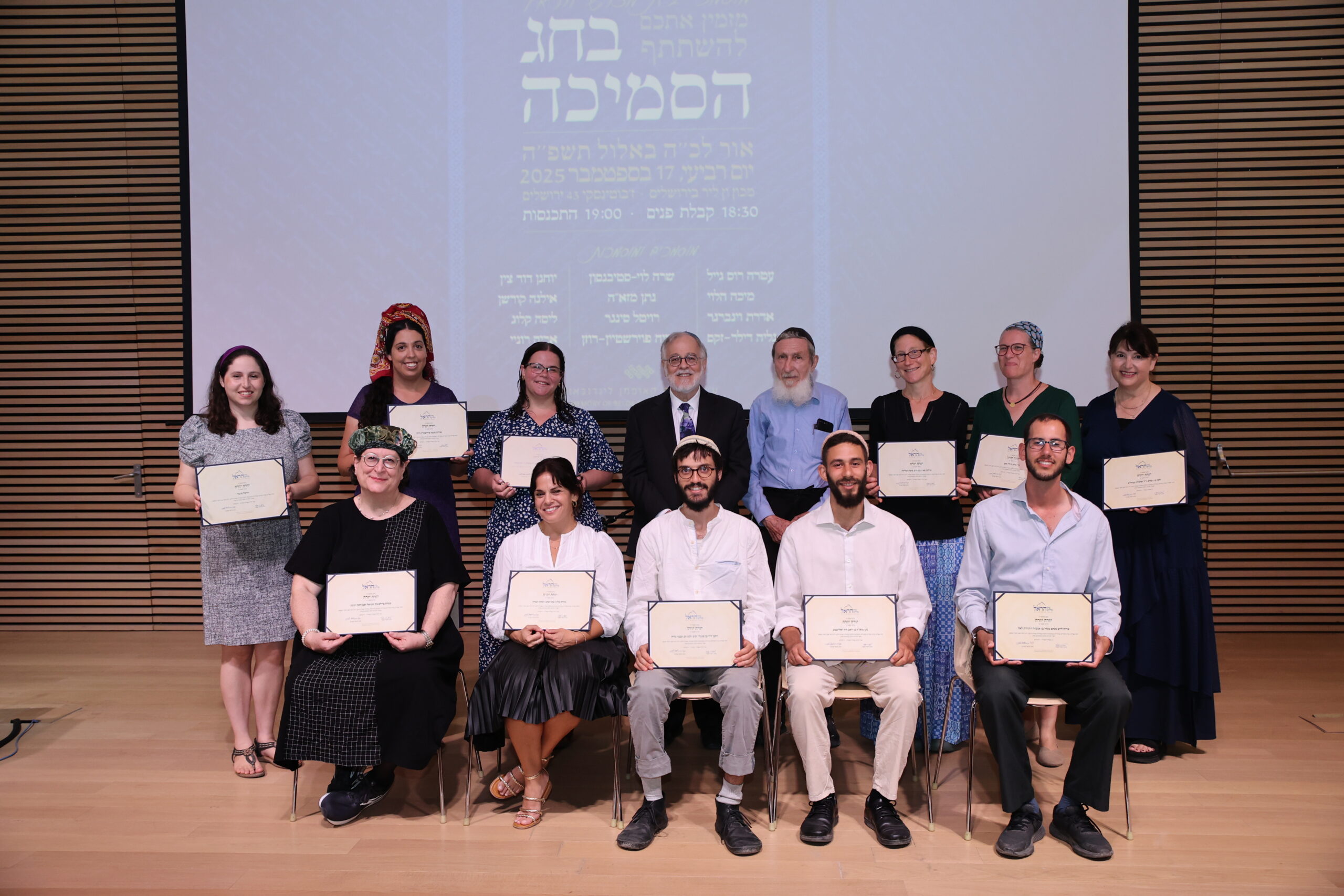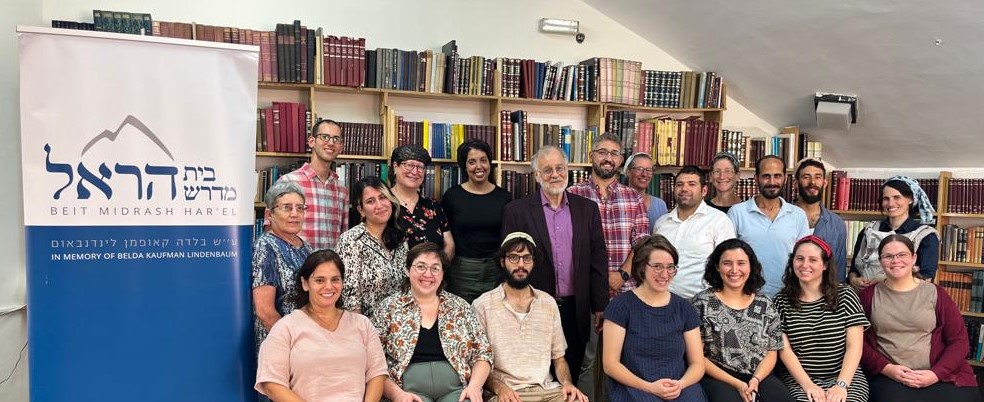‘MY GRANDFATHER HAS HAD A LOOMING PRESENCE UNTIL THIS DAY’
By Lisa Klug, 25 January 2023
Jordan Bielsky grew up knowing his grandfather, Tuvia, was a hero. As the commander of the famous Bielski brothers’ band of partisans during the Holocaust, Tuvia escaped to the wilds of Belarus and led three of his siblings in sheltering fugitives and smuggling fellow Jews out of ghettos. They also conducted retaliatory raids against the Germans and their Belorussian collaborators.
The Bielski partisan group — Tuvia and his brothers Zus, Assael and Aron Bielski — is credited with saving 1,236 Jews, the elderly, women and children in particular. Their efforts represent the largest armed rescue operation of Jews by Jews in World War II.
An estimated 25,000 people are alive today thanks to the efforts of the brothers Bielski, which appears in variant spellings, including Bielsky and Bell, the name Aron took after the war.
“This is a rare instance of triumph and survival in one of the darkest times in history in the last century,” Jordan Bielsky tells The Times of Israel in an interview. “My grandfather has had a looming presence until this day.”
The younger Bielsky retells a slice of that story in a new production from The Braid, formerly the Jewish Women’s Theater. Premiering this week in Los Angeles, “Remembrance of Things Present” is made up of 15 true-life vignettes from descendants of Holocaust survivors.
“They are really powerful stories, all first-person narrative accounts, all important stories to share,” Bielsky says.

The show runs through February 6, with in-person and live-on-Zoom performances. The program represents one of many platforms preserving the Bielski legacy — among them a box office hit. The 1993 book “Defiance: The Bielski Partisans” by scholar Neshama Tec, professor emerita of sociology at the University of Connecticut, became the basis for the feature film “Defiance.” The Oscar-nominated picture stars Daniel Craig, Liev Schreiber, Jamie Bell and George MacKay as Tuvia, Zus, Assael and Aron, respectively.
In advance of the film’s 2008 debut, another of Tuvia’s grandsons, Brendon Rennert, helped create an exhibit at the Florida Holocaust Museum. Today, Rennert speaks to high school students about his family’s heroism: Tuvia commanded the initiative; Zus headed reconnaissance; Assael guided the armed unit; Aron brought Jewish fugitives to the partisans and served as a messenger between the brothers hiding in the forest.
“He always knew where they were and knew the forest better than anyone,” Rennert says. “The brothers, together, were an unstoppable force.”
From the beginning, Tuvia sent men into the ghettos to free Jews. Rennert recalls, “Young fighters were badly needed, but he ordered the rescue of any Jew, battle-ready or not. Tuvia often said, ‘I would rather save one old Jewish woman than kill 10 Nazis.’”
When Tuvia died in 1987, he was nearly penniless. He was buried in New York, exhumed a year later and given a state funeral with military honors in Jerusalem, Rennert says. Assael was conscripted into the Russian Army and was killed in battle in 1945. Zus died 50 years later. In her book, historian Tec details Tuvia’s loss of his parents, wife and two brothers to the Nazis.
The Times of Israel spoke with Aron Bell, now 95, about the portrayal of Tuvia’s legacy on stage.
“Thank God they are telling the world. They should. I’m feeling very proud and very good in the heart that somebody can say the truth to the world about what really happened,” says Bell, about Jordan Bielsky’s performance and the efforts of other relatives.
Members of the Bielski partisan group stand by the site of a mass grave shortly after liberation in Poland in 1945. (Courtesy of Photo Archivist, Archival Affairs Branch, The David M. Rubenstein National Institute for Holocaust Documentation, United States Holocaust Memorial Museum)
Bell and his wife Henryka, 83, a retired dentist, run the Bielski Foundation from their home in Palm Beach, Florida, to support Jewish orphans in Pinsk, Belarus.
Henryka credits a largely forgotten figure, the partisans’ father, David, with the instruction to escape to the woods.
“People were always coming to Tuvia’s and Zus’s house in Brooklyn and telling them thank you,” she says. “The friendship from the forest was for the rest of their life. The survivors, we always have a meeting, and all the survivors arrive every year. And every year, it is less and less and less.”
The part of a lifetime
When Jordan Bielsky was a senior studying at Bard College, he emailed “Defiance” director Ed Zwick: “I will drop everything to be in this.” The part he landed appears after his great-uncle Zus learns his wife and son have been killed.
“It was a fictional scene based on a reality,” says Bielsky, who was 20 at the time. “It reset the trajectory of my life. I came back to school and committed my life to the art of storytelling, mostly as an actor and a writer.”
Now 36, Jordan is currently preparing for the debut of “Sugar,” a new Apple TV+ original series starring Colin Farrell, from creator Mark Protosevich.
In the play “Remembrance of Things Present,” he portrays numerous roles including himself. His vignette is based on an interview Ronda Spivak, co-founder and artistic director of The Braid, conducted with Jordan and his father, Robert. Entitled “No One Wakes Up in the Morning and Says, ‘I’m Gonna be a Hero Today,’” the piece conveys a sense of responsibility.
Other narratives include a daughter witnessing her father’s testimony to Spielberg’s Shoah Foundation and how it reopened deep psychological wounds. Another contributor, the daughter of a French Resistance fighter, carries her mother’s example into her life of activism.
“The Holocaust didn’t end at liberation,” Spinak says. “I am struck by all the ways, great and small, that it has transformed the lives of the people who were raised by survivors. And yet, what is perhaps more surprising is that these stories are not simply tragedies. While some have moments that have made me cry, others have made me feel pride in the human spirit. And all of these stories have inspired me and taught me something vital for the perilous times we now face.”
Directed by Susan Morgenstern, “Remembrance of Things Present” is presented in promotional partnership with Generations of the Shoah International, the world’s largest Holocaust survivor family organization; If You Heard What I Heard, an organization of grandchildren of Holocaust survivors; and The Generations After, a multigenerational community of Holocaust survivors and their descendants.
Unfinished business
Bielsky’s play is not the only creative vehicle whose goal is amplifying their ancestors’ heroism.
“Any opportunity that a Bielsky descendant has to share our family legacy feels like a gift,” says Sharon Rennert, older sister of Brendon Rennert.
An LA-based television editor, Rennert has filmed interviews and gathered Bielsky material for two decades.
“Tuvia, [his wife] Lilka and many of the family members are very big characters with huge personalities,” she says. “They are funny, poignant and traumatized.”
Rennert captured the feisty candor of her late grandmother, who died in 2001, with her late sister-in-law, Sonia, the wife of Zus. Sonia’s first-person testimony also appears online thanks to the USC Shoah Foundation.
Rennert says that over time, she “came to realize that I am also part of this legacy and the legacy is part of me. I want to make this film to tell the story through the eyes of a grandchild.”
Rennert has presented excerpts of her film-in-progress, “Becoming Bielski: A Personal Story of the Bielski Partisans,” at conferences, museums and synagogues. With principal photography complete, Rennert may partner with a producer to help navigate the business side of completing a film, she says.
For her last shoot in July 2019, she hired a crew to film the 75th anniversary of the liberation of the partisans’ Jerusalem Camp. One hundred descendants danced in the woods of the Naliboki forest.
Rennert considers her inheritance a “weight that passes through the generations.”
“History has a tendency to repeat itself and is currently repeating itself now in parts of the world, including Ukraine,” she says. “Hopefully, if we keep telling the story, eventually someone will listen. It feels like a very sacred and heavy responsibility to keep the story in [public] consciousness.”
This value is shared widely among those touched by the Bielski efforts.
“We are all very proud of our family and very committed to the legacy,” says Assael’s only child, daughter Assaela “Assi” Weinstein.
“My grandparents were about my age at the time, between 70 to 80,” says Weinstein, a former print and radio journalist based in Tel Aviv. “How could they have survived? Because my mother married Assael and he promised her, ‘If you marry me, I will save your family. I will take care of you, your parents, your sisters and brothers.’”
During her career, Weinstein wrote numerous pieces about the Bielskis. Following the 1973 Yom Kippur War, her Kol Yisrael radio program on surviving partisans in Israel won accolades. She also published a children’s book in Hebrew entitled “Yaldat HaYaar,” or “Forest Girl,” about a maternal cousin whose Brooklyn gravestone was inscribed “the youngest partisan.”
Weinstein has another passion close to her heart. Her husband, Amnon, a master violin maker, launched Violins of Hope, with their son, Avshalom. As it happens, that project is featured in another Braid production.
For Jordan Bielsky, “[The family] legacy and the weight of it all is a lifelong question I wrestle with, not only as a Bielsky but as an artist.”
His Braid piece conveys the takeaway “never give up.”
As he says, “It’s vital for people to know that there is always something that can be done.”


